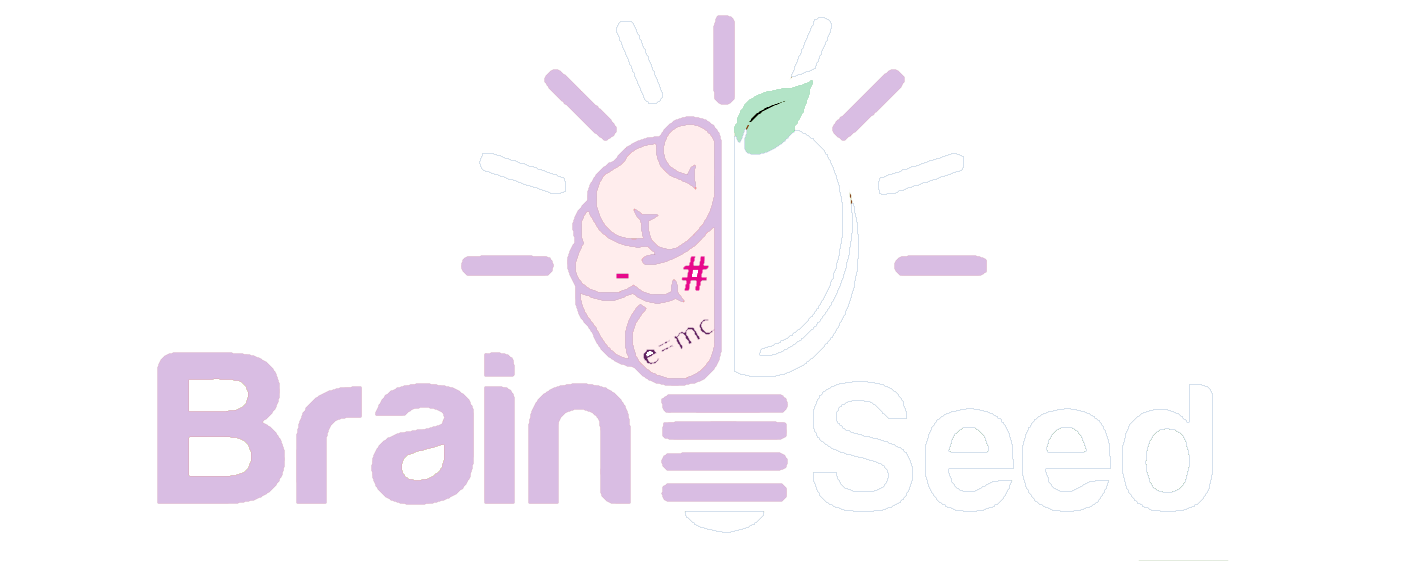How can drama be used to promote cultural awareness and understanding?
Drama has long been recognized as a powerful tool for promoting social awareness and understanding. By exploring different social perspectives and highlighting a range of human experiences, drama can help to break down barriers between different groups and foster greater empathy and understanding.
Using Storytelling to Explore Social Issues
One way that drama can be used to promote social awareness is through storytelling. By telling stories that explore different social practices and perspectives, audiences can gain a deeper understanding of the beliefs, values, and customs of different communities. For example, a play that explores the social customs of a particular ethnic group could help to challenge stereotypes and promote greater understanding of their unique practices.
Exploring Cultural and Policy Issues
In addition to storytelling, drama can also be used to explore social and policy issues related to culture. For example, a play could be written about the challenges faced by immigrants as they navigate life in a new country, or about the impact of social labeling on marginalized communities. By exploring these issues from the perspective of drama, audiences can gain a greater understanding of the complexities of social identity and the ways in which it shapes our experiences and relationships with others.
Using Diverse Casting and Creative Teams
Another way that drama can promote social awareness is by using diverse casting and creative teams. By ensuring that productions are inclusive and representative of many social perspectives, drama can help to challenge dominant social narratives and promote greater understanding and empathy. For example, a play that features a diverse cast and creative team could help to break down barriers between different communities and promote greater understanding of the experiences of others.
Challenges and Solutions
Of course, there are potential challenges to using drama as a tool for promoting social awareness. For example, there may be concerns about cultural appropriation or stereotyping, and it can be difficult to ensure that productions are inclusive and representative of a range of perspectives.
However, by working with socially sensitive writers and producers, and by consulting with community leaders and experts, drama can be used to promote greater understanding and empathy between different social groups. By using drama to explore the complexities of social identity and challenge dominant narratives, we can help to build a more inclusive and empathetic culture.
Are you looking for a fresh and exciting way to engage your school’s drama program or your child’s creativity? Try YouTube drama! It’s a fun and modern way for students to create and perform in their own videos. YouTube drama is flexible, convenient, and can even reach a wider audience. Plus, it teaches valuable skills like video production, editing, and storytelling. Click here to learn more about how YouTube drama can benefit your school’s drama program.







